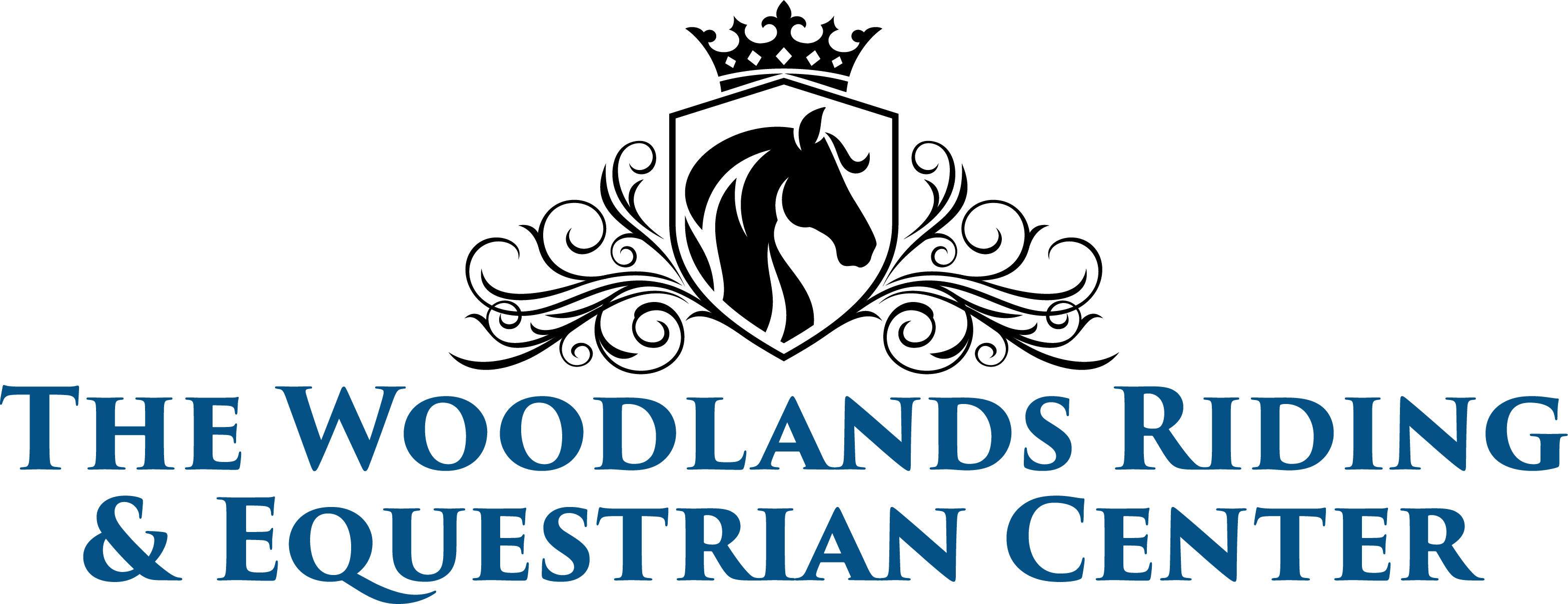
Optimal nutrition is not just a requirement but a cornerstone for maintaining the overall health, energy, and longevity of your horse. In this comprehensive Guide to Horse Feed, we aim to serve as your definitive resource. We’ll break down the crucial nutrients your horse needs, delve deep into the vast array of horse feed options available in the market, and offer indispensable tips for balancing your equine friend’s diet. Our goal is to arm you with the information you need to make informed decisions about horse nutrition, ensuring that you’re providing your horse with the sustenance required for a fulfilling, active lifestyle.
Essential Nutrients: The Building Blocks of a Healthy Diet
Nutrition is an intricate science, particularly when it comes to equines. Horses require a balanced intake of essential nutrients, namely carbohydrates, proteins, fats, vitamins, and minerals. Each category plays a unique role in maintaining various bodily functions and contributing to overall health.
-
- Carbohydrates: This category includes simple sugars, starches, and fibers. Carbohydrates serve as the primary energy source for your horse, making them essential for daily activities and performance tasks. Common sources of carbohydrates in horse feeds include grains like oats, corn, and barley. These grains are not just energy-packed but are also easier to digest.
- Proteins: Proteins are complex molecules made up of amino acids and are crucial for muscle development, cellular repair, and hair and hoof growth. High-quality sources of proteins for horses include alfalfa, soybean meal, and linseed meal. Not all protein sources are created equal, so it’s essential to consider the amino acid profile, ensuring that essential amino acids like lysine are adequately represented.
- Fats: Often overlooked, fats are excellent sources of concentrated energy and are essential for absorbing fat-soluble vitamins like A, D, and E. They also provide essential fatty acids that help improve the coat’s shine and skin health. Healthy sources of fats include flaxseed oil and rice bran oil. These oils are not only energy-dense but also rich in essential fatty acids like Omega-3 and Omega-6.
- Vitamins and Minerals: Vitamins like A, D, and E are vital for a range of functions from vision to immune health. Minerals such as calcium and phosphorus are indispensable for bone and teeth formation, blood clotting, and nerve signal transmission. Both vitamins and minerals often need to be supplemented in the diet, especially for horses that are working, growing, or breeding.
Types of Horse Feed: What’s on the Menu?
Navigating the vast world of horse feed can be daunting. The market offers an exhaustive list of horse feed types, each specifically formulated to meet varying nutritional requirements and lifestyle factors. If you utilize a horse boarding service, ask your caregiver what feed they provide to ensure your horse receives the nutrition the require daily. Understanding the different types of feeds can greatly help in making informed choices for your equine companion.
-
- Forages: Forages like hay, fresh grass, and haylage should constitute the majority of your horse’s diet. These feeds are high in fiber and are essential for digestive health. They also serve to satisfy the horse’s natural grazing instincts, offering mental as well as physical benefits.
- Concentrates: These are energy-dense feeds that include grains and commercially-prepared pellets. While highly nutritious, concentrates should only make up a limited portion of your horse’s diet, especially tailored for performance horses that require more energy and nutrient-dense feeds.
- Supplements: These are specially formulated feeds designed to supply specific nutrients that might be lacking in your horse’s regular diet. Supplements can range from vitamin and mineral mixes to condition-specific formulations like feeds for senior horses or those with particular medical conditions.
- Treats: A small but delightful category, treats like apples, carrots, or special horse cookies are meant only for occasional feeding. While they offer a fun way to bond with your horse, remember to offer treats in moderation as they can quickly add up in terms of sugar and calorie content.
Portion Control: How Much to Feed?
Getting the portion size right can be both art and science. It depends on a multitude of factors including the horse’s age, weight, activity level, and current health status. For example, young growing horses, lactating mares, and highly active racehorses often require significantly more calories and specific nutrients compared to older, less active horses. To ensure that you’re on the right track, it’s best to consult a veterinarian or equine nutritionist to tailor a diet that meets your horse’s individual needs.
Feed Storage and Freshness: Keep it Optimal
Proper storage of horse feed is crucial in maintaining its nutritional quality and safety. Always store feed in a cool, dry, and well-ventilated area away from direct sunlight and moisture. Regularly check your feed storage for signs of mold, pests, or a musty smell, as consuming spoiled feed can lead to a host of digestive and health problems for your horse.
Expert Tips for a Balanced Diet
To further optimize your horse’s nutrition, consider the following recommendations.
- Regular Vet Check-ups: An annual, or even bi-annual, veterinary consultation can offer invaluable insights into your horse’s dietary needs, providing an opportunity for fine-tuning the nutrition plan.
- Seasonal Adjustments: Dietary needs can fluctuate with the changing seasons. For instance, you may need to incorporate more hydration solutions during the hot summer months, whereas colder weather might necessitate a focus on higher-energy feeds to help maintain body warmth.
- Consistency is Key: Rapid changes in diet can wreak havoc on a horse’s sensitive digestive system. Always make dietary changes gradually, ideally over a week or longer, to allow the horse’s gut flora to adjust.
- Quality Over Quantity: Always prioritize the quality of feed over the quantity. Look for reputable suppliers and read the nutritional labels carefully to ensure that you’re getting nutrient-dense, high-quality feed.
Your Horse’s Nutrition Sorted
Understanding the nuances of equine nutrition and making educated choices in feed type and portion sizes set the stage for a healthier, happier horse. Whether your equine companion is a casual trail horse, a pasture ornament, or a high-performance athlete, a balanced diet is the key to unlocking a life of optimal well-being and performance. Cheers to a lifetime of great rides, robust health, and the sheer joy that comes from seeing your horse thrive!




